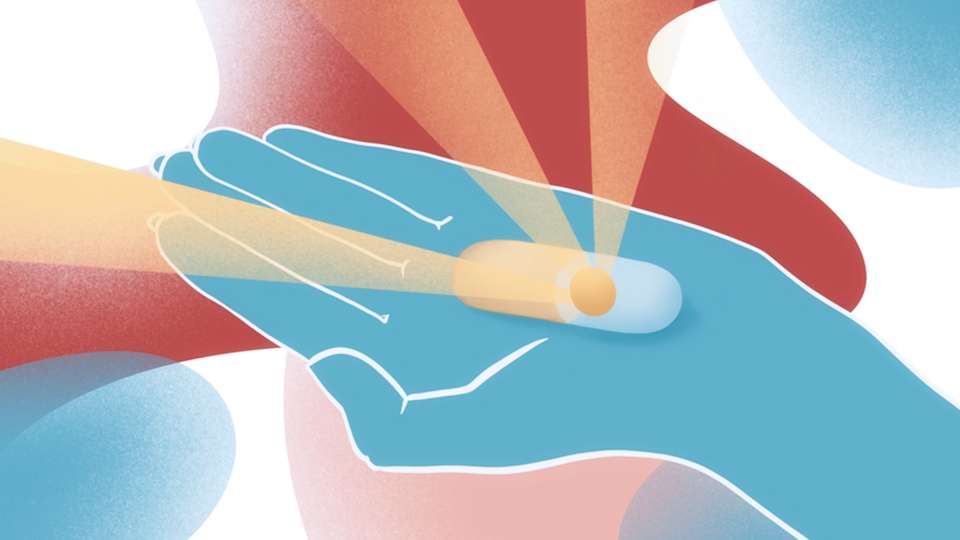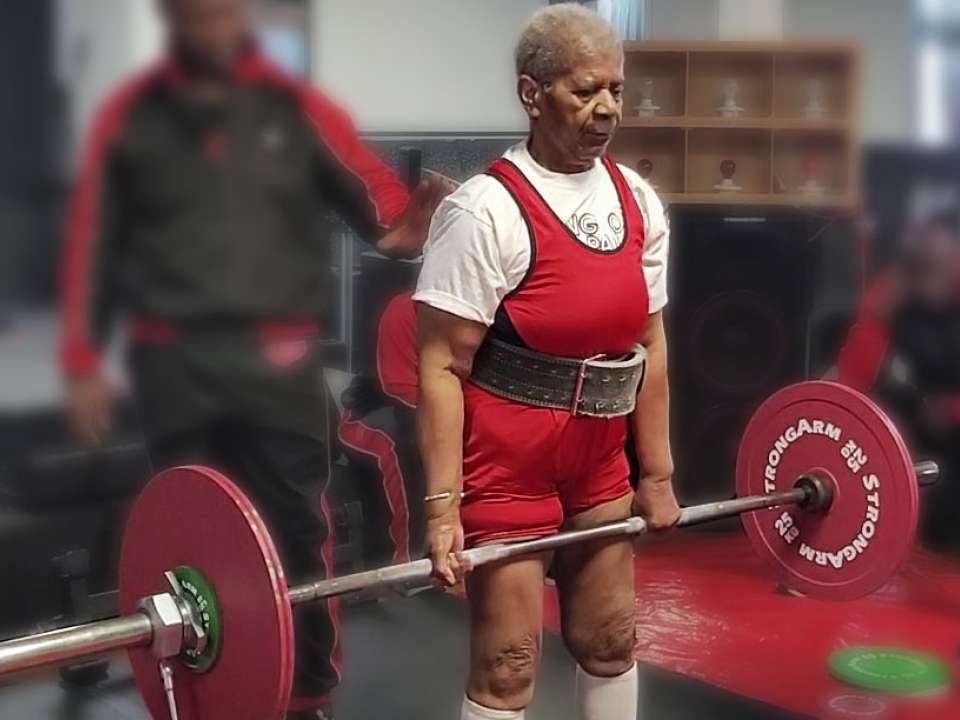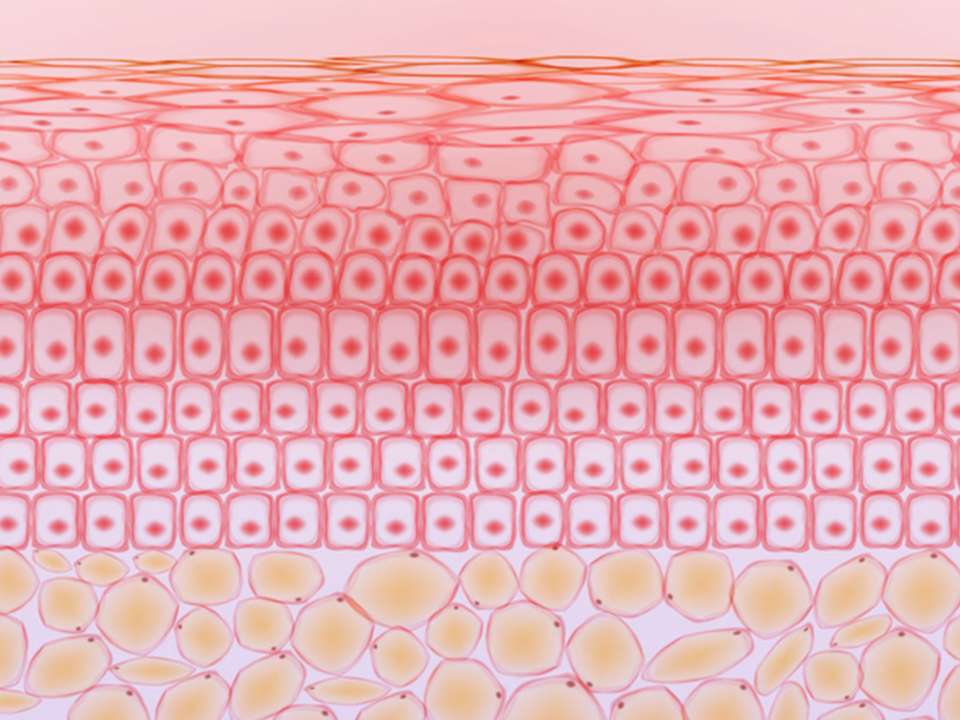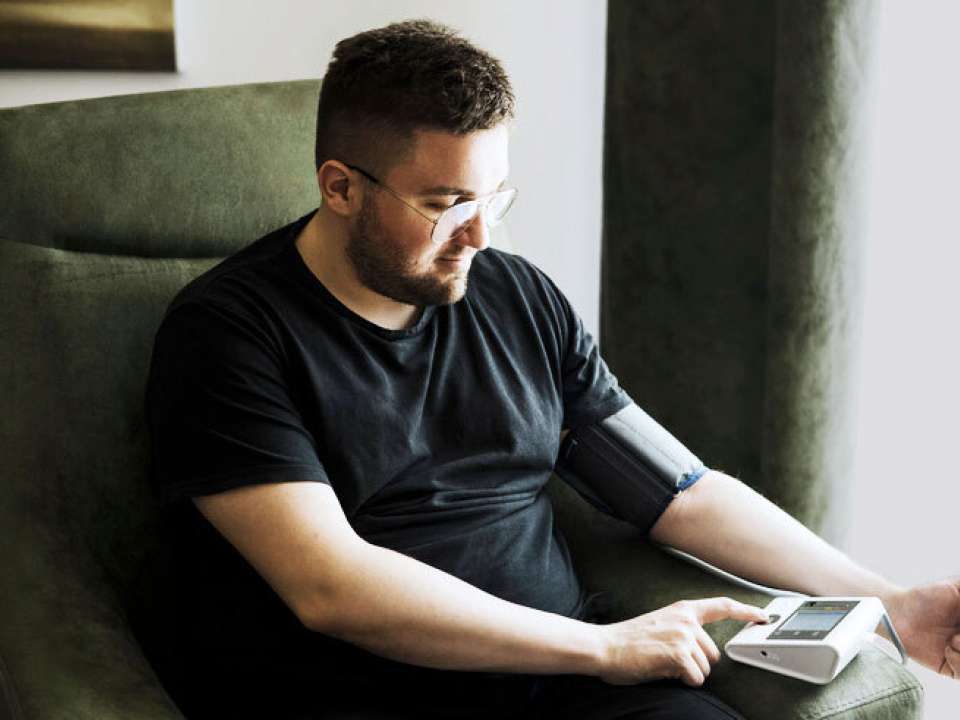
By now, you can probably recite the standard COVID-19 safety measures in your sleep: Wear a mask, wash your hands and watch your distance.
In recent months, however, you might have read headlines touting a new safety measure: Take vitamin D.
Should you dash to the drug store and raid the supplements aisle? Well, not exactly.
“Right now there are a lot of studies going on about various vitamins and supplements, but there is no conclusive data yet to support the use for COVID-19,” says Dr. Jan Agosti, a UW Medicine infectious diseases specialist.
To help you understand what all the buzz is about, Agosti explains what experts know — and don’t know — about taking vitamins for COVID-19.
Can taking vitamins and supplements prevent you from getting COVID-19?
In short, probably not.
All the recent attention stems from research looking at patients hospitalized with COVID-19.
In a study out of Spain, 80% of the around 200 patients with the disease were found to be deficient in vitamin D. Another study looking at nearly 500 patients found that those who were deficient in vitamin D had nearly twice the risk of testing positive for COVID-19 than their peers.
“It’s true that vitamin D and other supplements are often considered in augmenting the immune response, but there’s no strong evidence to suggest taking those supplements can prevent a viral infection,” Agosti notes.
Basically, more research needs to be done to verify those specific claims.
Currently, there are more than 100 clinical trials registered with the National Institutes of Health to investigate dietary supplements and the effects on COVID-19, but most are still recruiting participants or not yet active.
Can taking vitamins and supplements reduce the severity of COVID-19?
While a multivitamin isn’t exactly a COVID-19 magic pill, there may still be value in taking your daily recommended dose.
“Right now there are many studies going on about nutritional approaches to reducing the severity of the COVID-19 illness,” Agosti says. “Taking the recommended dietary allowance of a multivitamin is a good insurance policy, particularly for older adults who are more likely to be deficient in those micronutrients.”
Here’s how it works: A COVID-19 infection starts with the virologic phase, when the coronavirus is incubating and growing in number. If your immune response is working well, it can quickly get control of the virus and stop it from replicating.
In fact, a UW Medicine study shows the higher your viral load — or the more virus in your body — the more serious your resulting illness may be. And that’s where staying topped up on immune-boosting vitamins and minerals can help you out.
The second phase of a COVID-19 infection is the immunologic phase, when your immune response’s attempt to stop the virus can actually result in some of the illness symptoms you experience.
“Difficulty breathing, inflammation in your lungs and inflammation in the rest of your body are all a result of an excessive immune response,” Agosti explains. “In this case, an overactive immune system can be too harmful.”
Experts still don’t know why some people’s immune responses act too strongly while others’ don’t, but it illustrates the uncertainty that still surrounds this particular disease.
“It’s important to have a strong immune response upfront, but once you have COVID-19, we still need to evaluate whether giving immune-supporting vitamins and minerals will improve outcomes,” Agosti says.
What vitamins and supplements can help your immune system?
While we’ve received promising news on the vaccine front, it’s still crucial to wear a mask, wash your hands and watch your distance until the pandemic is completely over. But if you want to take a few vitamins and supplements as well, just in case, here are a few to think about.
Vitamin D and COVID-19
“Vitamin D has been shown in several clinical trials — in general, not for COVID-19 — to lower your odds of getting an acute respiratory tract infection, of which most are viral,” Agosti says.
Your body typically produces enough vitamin D when you spend anywhere from 15 minutes to an hour in the sun. Unfortunately for those of us who live in the Pacific Northwest, that’s likely not happening in fall and winter.
The daily recommended dose ranges anywhere from 400 to 800 international units. You can supplement your vitamin D levels with a multivitamin or by eating things like eggs, salmon, tuna or foods that are fortified with vitamin D.
Zinc and COVID-19
“Zinc is important for immune function, and it can help with antibody formation and white blood cell production,” Agosti explains. “High-dose zinc also reduces the duration of symptoms of the common cold.”
While there’s no direct evidence linking zinc and COVID-19, it may not hurt to take a high dose of zinc (like in a zinc lozenge) within 24 hours of feeling sick to see if it helps.
If you simply want to stay topped up on zinc to promote your immune function, though, you can take a multivitamin or include foods like red meat, poultry, shellfish, cheese, nuts and legumes in your diet.
Just don’t overdo it (40 milligrams is the max you should take in one day on a regular basis), as taking too much zinc can interfere with your body’s absorption of other important nutrients.
Vitamin C and COVID-19
“Vitamin C is an antioxidant, and it decreases the inflammation and tissue damage from immune responses,” Agosti says.
That said, an analysis of 29 different studies shows that if you take vitamin C regularly, it may not actually help you all that much.
“Vitamin C only slightly reduced the duration of colds by 8% — less than a day — for adults,” Agosti notes. “The outcome is it’s probably not worth taking vitamin C for most people.”
The one exception? If you’re a stereotypically super-active Seattleite who runs, bikes or hikes on a frequent basis, then vitamin C might actually be of some use to you.
“According to that same analysis, in people who are regularly under high physical stress, like a marathoner or a soldier, taking vitamin C reduced the number of colds they got by half,” Agosti says.
Whether you choose to take vitamin C or not, it’s important not to exceed the upper limit of 2,000 milligrams per day. Doing so can lead to some not-so-pleasant side effects, like diarrhea or vomiting, and may even interfere with other medications you’re taking.
Aside from a multivitamin, you can get your daily vitamin C dose with citrus fruits, berries and green vegetables.
The bottom line
While a daily supplement can help your immune system stay healthy, more research needs to be done on how various nutrients may or may not help with COVID-19.
Until those results are in, do what you can to stay safe this winter. (Yes, we’re going to say it again.) Wear a mask, wash your hands and watch your distance. And, if you haven’t already, get your flu shot.
“We need to protect ourselves from a ‘twindemic’ where lots of people are sick with the flu,” Agosti says. “The hospital system is already overwhelmed. There are lots of reasons to be cautious.”
The info in this article is accurate as of the publishing date. While Right as Rain strives to keep our stories as current as possible, the COVID-19 pandemic continues to evolve. It’s possible some things have changed since publication. We encourage you to stay informed by checking out your local health department resources, like Public Health Seattle King County or Washington State Department of Health.

 Healthy ideas for your inbox
Healthy ideas for your inbox





